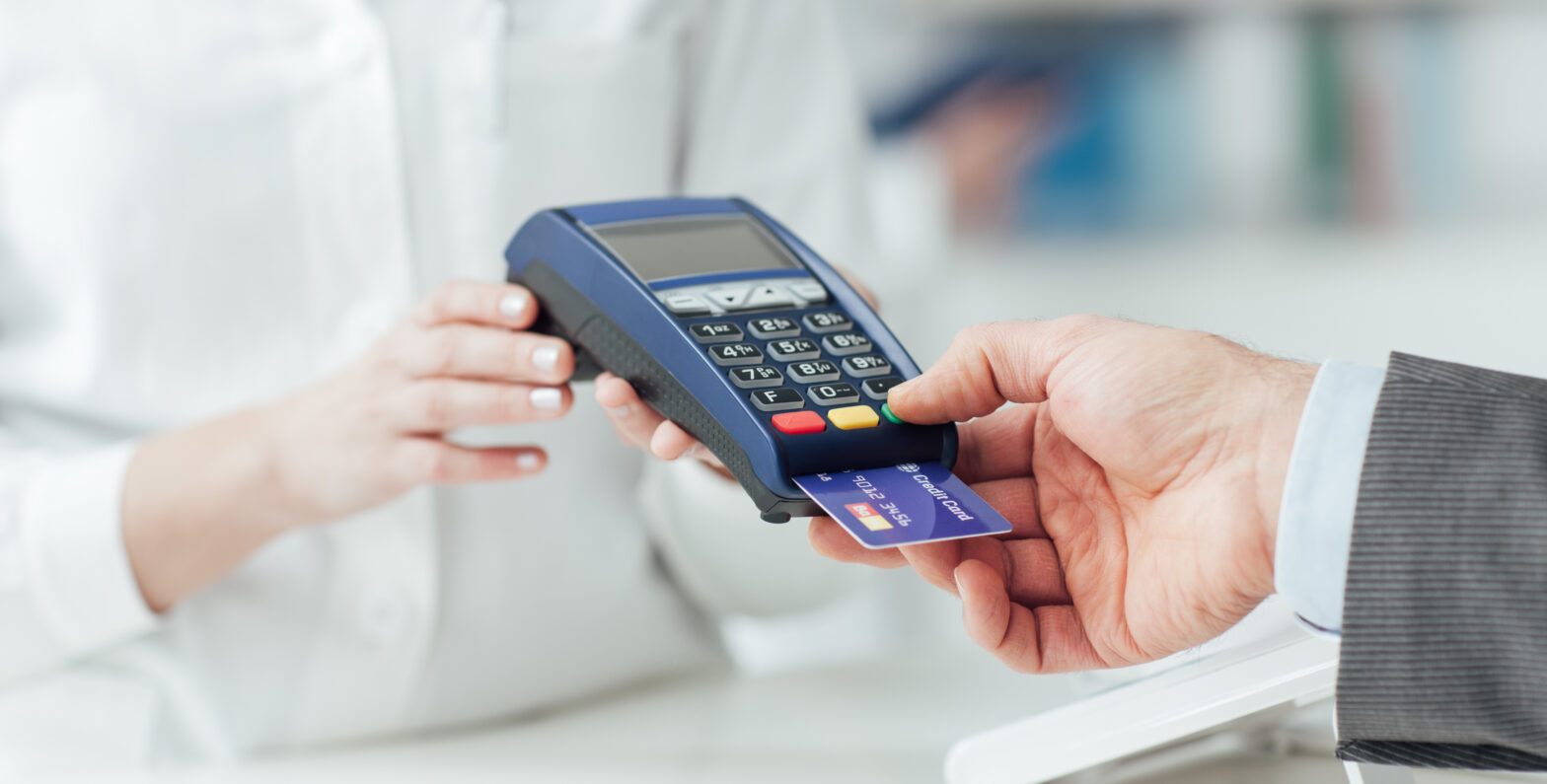A month away from the UK ban on card payment surcharges (January 13, 2018), many small businesses and retailers are yet to drop a card processing surcharge, according to new research from card machine provider Paymentsense.
Although the ban was widely announced over the summer, the study of over 1,000 consumers reveals that, nationally, 42 per cent of shoppers have noticed no change and are still faced with surcharges at the small businesses, independent shops and food outlets they regularly visit.
Under a third of shoppers in London (31 per cent) said they’d noticed small retailers and outlets have stopped surcharges. This figure was even lower elsewhere – 22 per cent in Manchester, 21 per cent in Birmingham, and only 15 per cent in Bristol.
It’s been impacting revenues too – nationally, the study found that well over a third (37 per cent) of shoppers have been walking out when faced with a card surcharge, since the ban was announced. This figure was even higher for those in London (41 per cent). Across the country, only eight per cent of consumers surveyed said they still pay surcharges.
According to the study, average card spend in small business nationally is £135 a month. This means since the ban was announced, surcharging SMEs have missed out on a share of around £10 billion in consumer spend.
A quarter of shoppers would also not come back to a store making surcharges. This was even higher in Manchester (30 per cent).
Guy Moreve, head of marketing at Paymentsense says, ‘We believe the upcoming change will help small businesses as well as consumers. Shoppers previously affected by a potential surcharge are likely to see a saving of between two and three percent per card transaction.
‘Our study also highlighted that SMEs across the country have lost revenue and customers by maintaining card surcharges, after the ban was widely announced. However, after January 13, everybody will know where they stand, and the days of surcharge-related walkouts will be gone. This can only be a good thing for the UK’s small businesses.’





